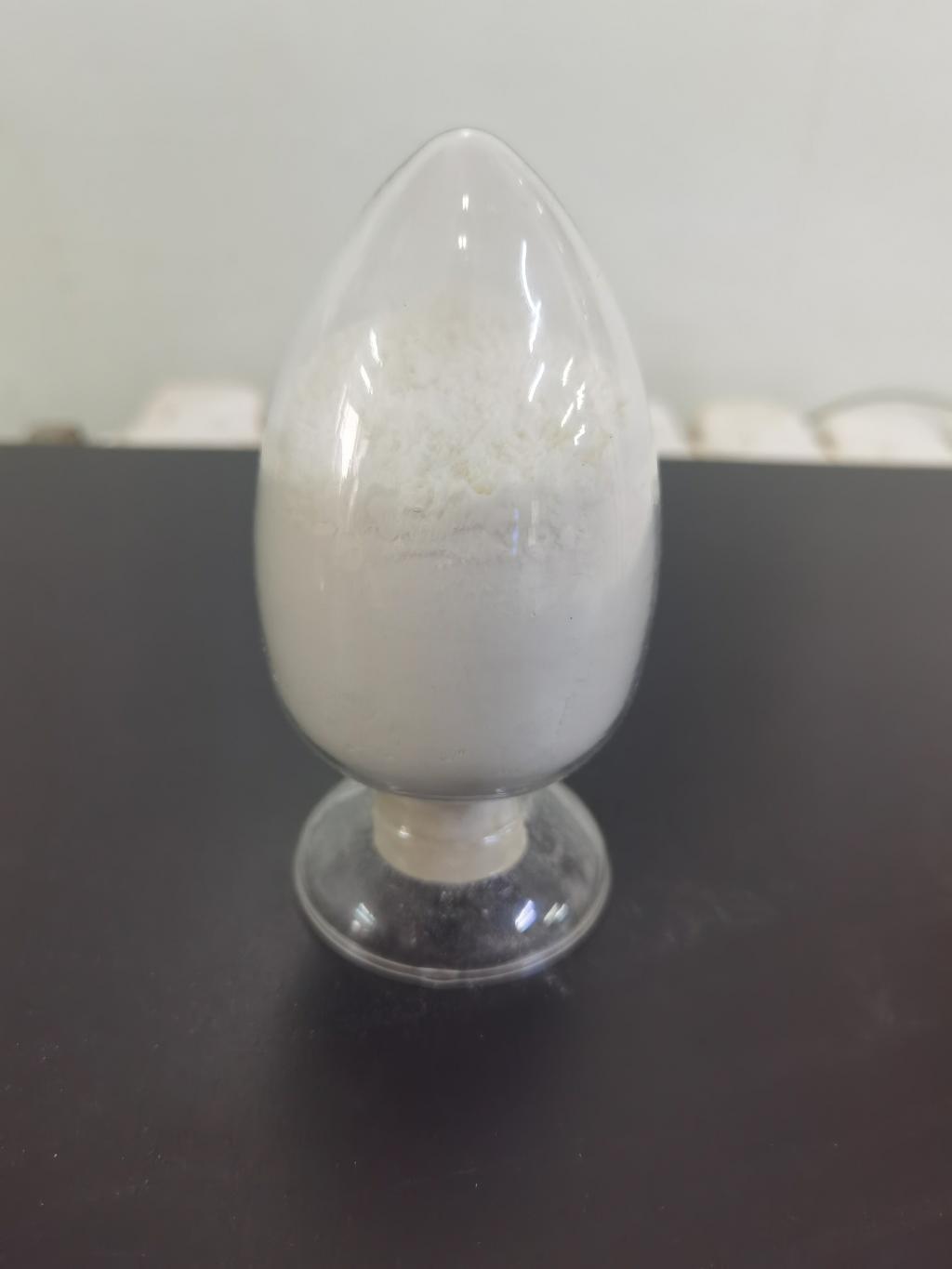Tel:+8618231198596

News
 CONTACT
CONTACT
 CONTACT
CONTACT
- Linkman:Linda Yao
- Tel: +8618231198596
- Email:linda.yao@dcpharma.cn
- Linkman:CHARLES.WANG
- Department:Overseas
- Tel: 0086 0311-85537378 0086 0311-85539701
News
Current Position:
Home >
News
>The absence of known allergens in ε-Polylysine hydrochloride makes it suitable.
The absence of known allergens in ε-Polylysine hydrochloride makes it suitable.
TIME:2024-03-19
Understanding ε-Polylysine Hydrochloride:
ε-Polylysine hydrochloride is a biopolymer derived from microbial fermentation, specifically from strains of Streptomyces albulus. It consists of multiple lysine residues linked together and is widely used as a food preservative due to its antimicrobial properties. However, its application in skincare has gained attention due to its hypoallergenic nature and gentle yet effective properties on the skin.
The Absence of Known Allergens:
One of the primary benefits of ε-Polylysine hydrochloride for sensitive skin is its lack of known allergens. Unlike many synthetic skincare ingredients and additives that can cause irritation and allergic reactions, ε-Polylysine hydrochloride is derived from natural sources and does not contain common allergens such as fragrances, dyes, parabens, and sulfates. This makes it a suitable option for individuals with sensitive skin prone to allergic reactions.
Gentle and Non-Irritating Properties:
In addition to being allergen-free, ε-Polylysine hydrochloride exhibits gentle and non-irritating properties on the skin. Its molecular structure allows it to form a protective barrier on the skin's surface, helping to prevent moisture loss and protect against environmental stressors without clogging pores or causing irritation. This makes it suitable for use in a wide range of skincare products, including cleansers, moisturizers, serums, and sunscreens.
Antimicrobial and Preservative Effects:
Another benefit of ε-Polylysine hydrochloride for sensitive skin is its antimicrobial and preservative effects. While individuals with sensitive skin may be more prone to bacterial and fungal infections, ε-Polylysine hydrochloride helps inhibit the growth of harmful microorganisms on the skin's surface, reducing the risk of infections and irritations. Additionally, its preservative properties help extend the shelf life of skincare products without the need for harsh chemical additives.
Moisturizing and Soothing Benefits:
ε-Polylysine hydrochloride also offers moisturizing and soothing benefits for sensitive skin. Its hydrating properties help replenish moisture levels in the skin, leaving it feeling soft, smooth, and supple. Furthermore, its soothing properties help calm inflammation and redness, providing relief for irritated and sensitized skin. As a result, skincare products formulated with ε-Polylysine hydrochloride can help improve the overall health and appearance of sensitive skin.
Applications in Skincare Products:
ε-Polylysine hydrochloride can be incorporated into various skincare products to enhance their efficacy and suitability for sensitive skin. For example:
Cleansers: ε-Polylysine hydrochloride can be added to gentle cleansers to help remove impurities and excess oil from the skin without stripping away its natural moisture barrier.
Moisturizers: ε-Polylysine hydrochloride can be included in moisturizers to provide long-lasting hydration and protection against environmental aggressors, leaving the skin feeling hydrated and nourished.
Serums: ε-Polylysine hydrochloride can be formulated into serums to target specific skin concerns such as redness, inflammation, and sensitivity, promoting a calmer and more balanced complexion.
Sunscreens: ε-Polylysine hydrochloride can be used in sunscreens to provide broad-spectrum UV protection while minimizing the risk of irritation and allergic reactions, making it suitable for daily use on sensitive skin.
Potential Challenges and Considerations:
While ε-Polylysine hydrochloride offers many benefits for sensitive skin, there may be some considerations to keep in mind:
Sensitivity Testing: As with any new skincare ingredient, individuals with sensitive skin should perform a patch test before using products containing ε-Polylysine hydrochloride to ensure compatibility and minimize the risk of adverse reactions.
Formulation Stability: The stability of ε-Polylysine hydrochloride in skincare formulations may vary depending on factors such as pH, temperature, and compatibility with other ingredients. Skincare manufacturers should conduct thorough stability testing to ensure product efficacy and safety.
Regulatory Approval: Depending on the region, ε-Polylysine hydrochloride may be subject to regulatory approval for use in skincare products. Skincare manufacturers should ensure compliance with relevant regulations and safety standards before marketing products containing ε-Polylysine hydrochloride.
Conclusion:
ε-Polylysine hydrochloride offers a hypoallergenic and gentle solution for individuals with sensitive skin, providing effective antimicrobial and preservative effects without the risk of allergic reactions or irritation. Its moisturizing, soothing, and protective properties make it a versatile ingredient for formulating skincare products that cater to the needs of sensitive skin types. As consumer demand for allergen-free and gentle skincare products continues to grow, ε-Polylysine hydrochloride presents a promising option for promoting healthier and more comfortable skin for individuals with sensitive skin.
- Tel:+8618231198596
- Whatsapp:18231198596
- Chat With Skype







